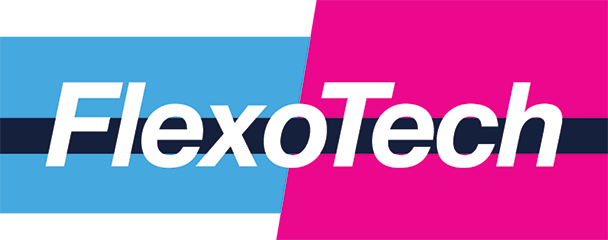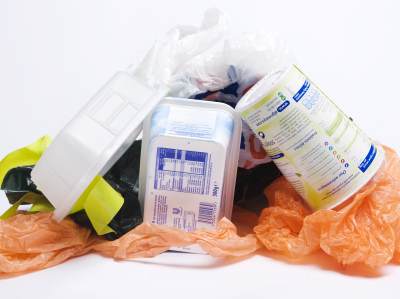In his Budget for 2020, the chancellor, Rishi Sunak, has unveiled plans for a plastic packaging tax to come into force from April 2022.
The tax will target manufacturers and importers whose products have less than 30% recyclable material. Those liable will be charged £200 per tonne.
The tax is seen by the government as a way to encourage businesses to use more recycled plastic in their production of plastic packaging. It will complement the government’s plans to reform the Packaging Producer Responsibility regulations, which will also look to increase the supply of easier-to-recycle plastic.
The tax follows a consultation with various stake holders in the spring of 2019. An additional £700,000 will establish the Extended Producer Responsibility scheme, designed to encourage producers to make their packaging more recyclable and reduce the amount of unnecessary packaging in their products
The government will also take action to fight waste crime by providing funding for a digital waste tracking system to provide better data on waste transport, as well as £2 million to improve evidence on where fly-tipping happens and the best ways to deter it.
The governments estimates that the revenue this will generate up to £ 240 million in the first year of coming into place, falling to £235 million the year after, and then £220 million the year after that.
There is at the moment no detailed plan within this budget regarding how this revenue will be spent, with no mention of developing the UK’s recycling infrastructure, or even if printers and converters are included in the term ‘manufacturer’.
The British Plastics Federation released a statement which said,’ As an industry, we want to play our part in leaving the environment in a better state for future generations. Increasing the use of recycled material – where possible – is one way of doing this. We are pleased that this proposal includes pre-filled packaging, as otherwise it risked disadvantaging UK businesses, driving jobs overseas and increasing carbon emissions.
‘Concerns remain, however, that the tax will be applied to packaging that cannot incorporate recycled content due to existing food contact and safety legislation. We look forward to working with the government during the upcoming consultation to address these matters.
‘The British Plastics Federation (BPF) hopes that the money raised by this tax will be invested in upgrading the UK’s collection and recycling infrastructure. The whole supply chain has already requested that the government address this matter urgently via reforms to the existing PRN system.
‘We also welcome the two-year extension of the Climate Change Agreement (CCA) scheme. As an organisation that manages the CCA for the plastics industry, we know this scheme is valued and has helped to significantly reduce energy use.’
Helen Bird, strategic engagement manager at Wrap, said. ‘Wrap welcomes the plastic packaging tax in order to stimulate the use of recycled content, particularly at a time when economic uncertainties can impact the price of virgin plastic. However, it should be recognised that there are types of plastics and plastic packaging where it will not be possible to achieve a 30% recycled content, and this is why under The UK Plastics Pact, the target relates to an average of 30% across all plastic packaging. As far as possible, money levied from the tax should be used for research and innovation to unlock these barriers.’
Another consultation will take place this year, learn how you can have your say here .



